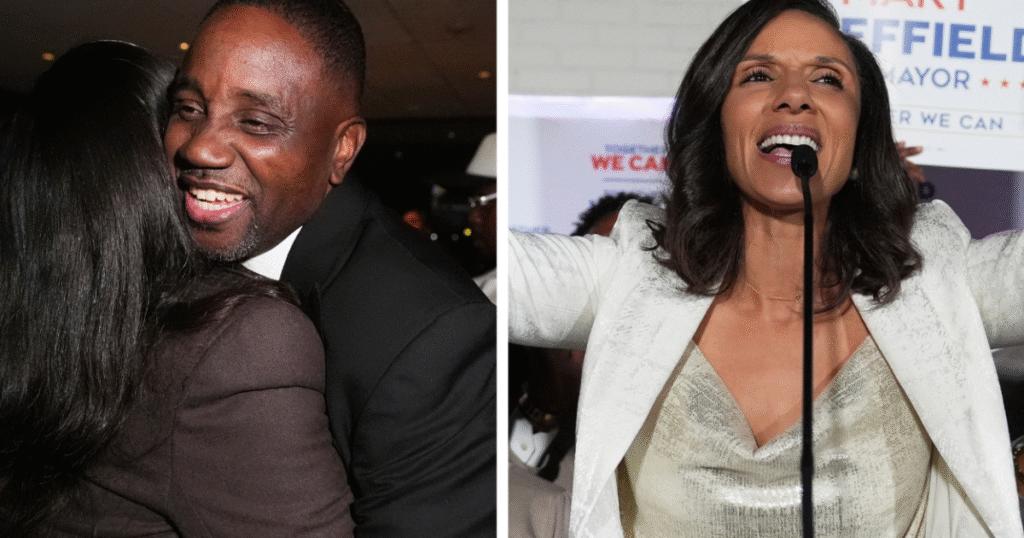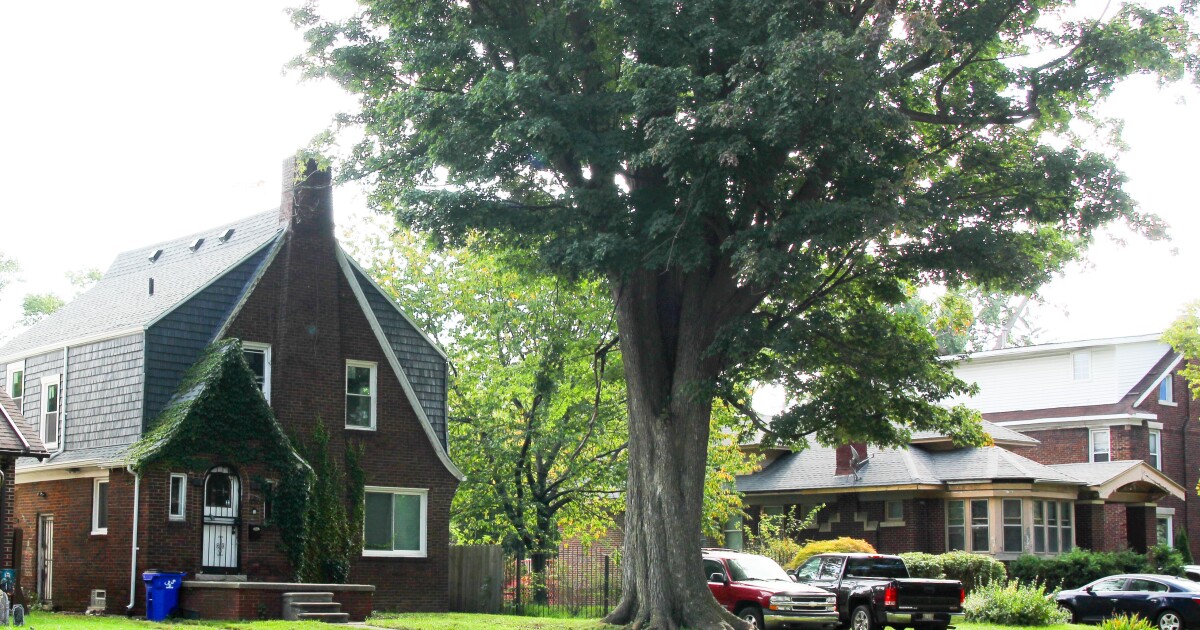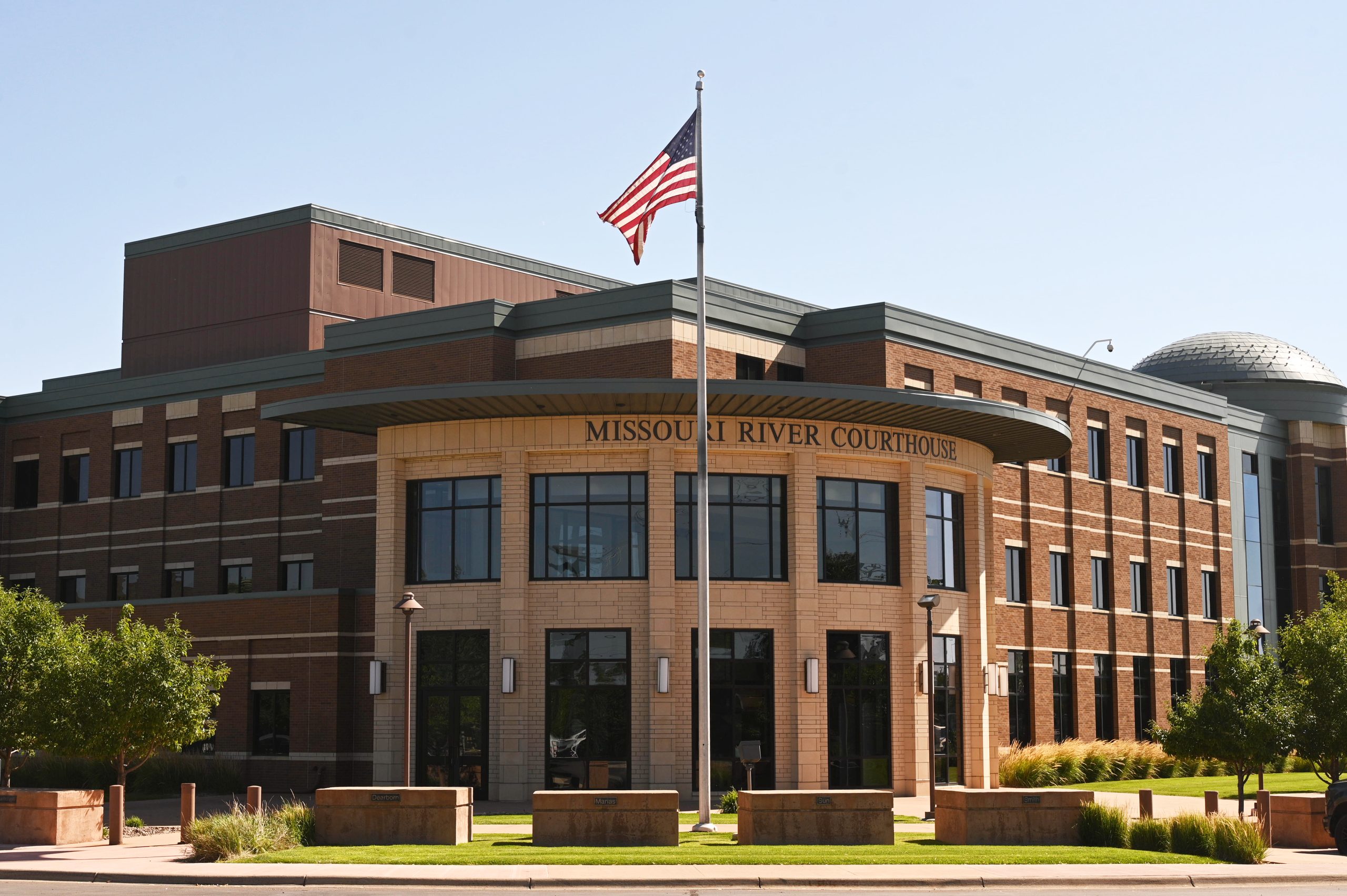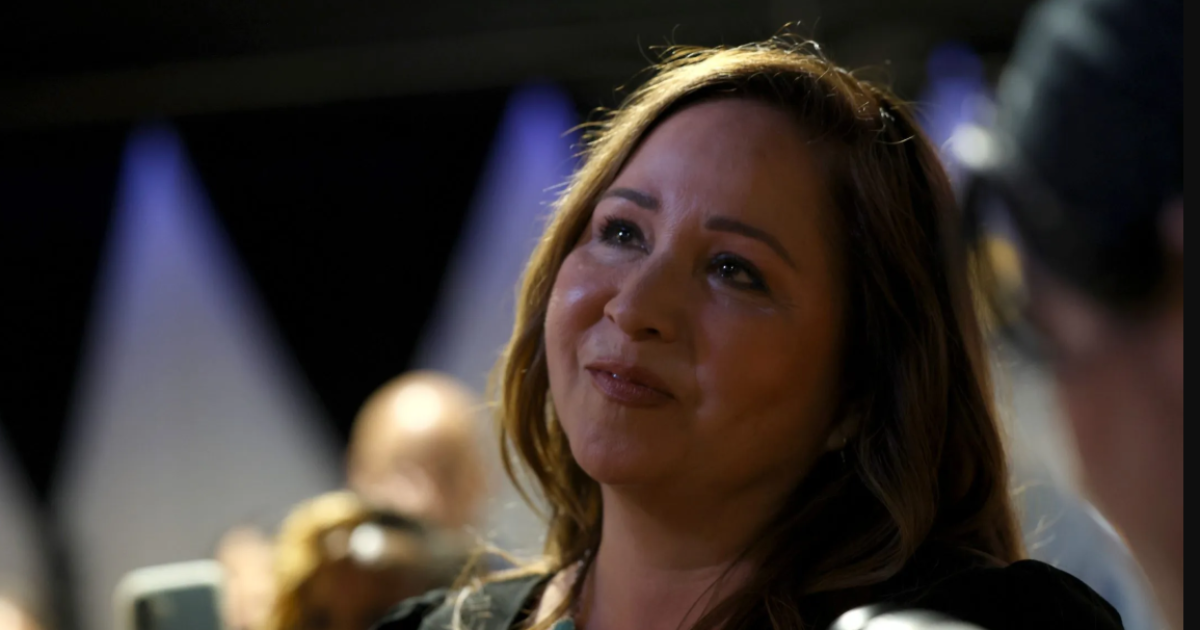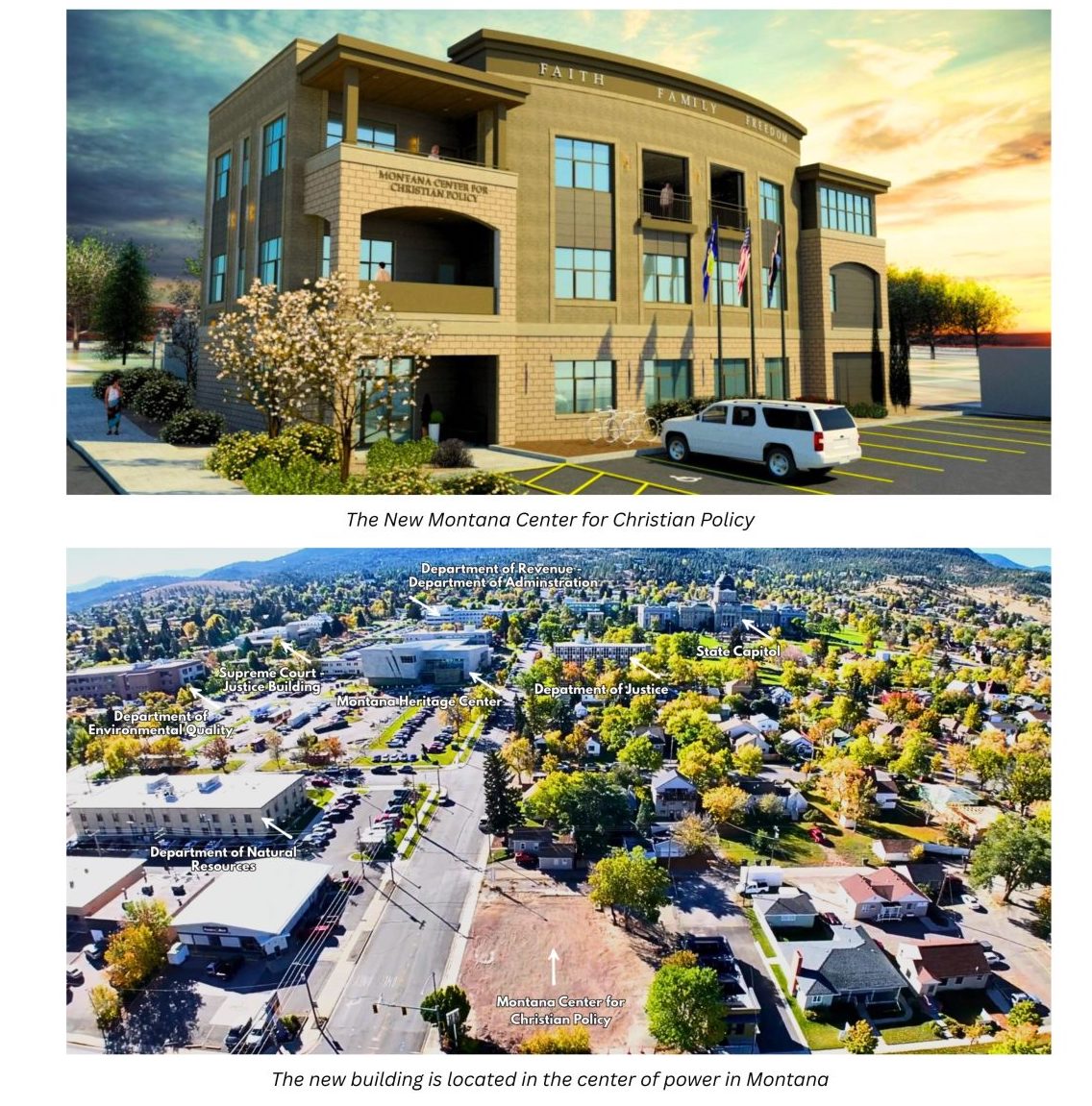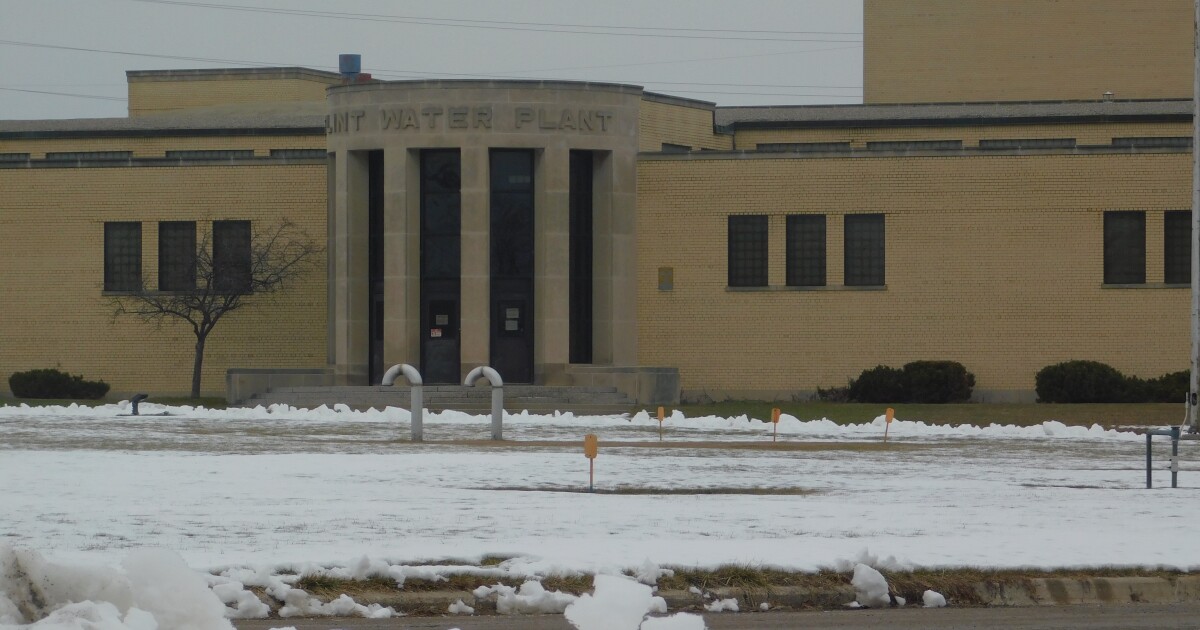Detroit Mayoral Debate: Candidates Discuss Crime, Infrastructure, and More
In a spirited televised debate hosted by WXYZ-TV Channel 7, Detroit’s mayoral hopefuls, City Council President Mary Sheffield and Reverend Solomon Kinloch Jr., clashed on several key issues. From crime to infrastructure, the candidates laid out their visions for the future of Detroit.
The debate kicked off with a pressing question on how the candidates would tackle violent crime in the city. Reverend Kinloch criticized current leadership, alleging “failed leadership” and potential data manipulation, asserting that citizens deserve safety and justice. Conversely, Sheffield acknowledged that even one life lost is “still far too many,” but she highlighted the noteworthy reduction in crime rates. Her strategic proposals included the creation of an Office of Gun Violence Prevention, expanding mental health co-response initiatives, and boosting year-round youth employment.
When the debate shifted to the possibility of deploying the National Guard in Detroit, Sheffield opposed “militarizing our neighborhoods,” preferring federal aid to tackle underlying social issues like job training and housing. Kinloch was open to the idea in a collaborative context to safeguard specific areas, denying any desire for a “martial law fashion” deployment.
Discussing Detroit’s revitalization, Kinloch advocated using Land Bank resources for low-interest loans and grants to enhance neighborhoods. Sheffield aimed to enhance neighborhoods through a Neighborhood Improvement Fund, focusing on making communities walkable and vibrant, including initiatives like home repair grants and holding absentee landlords accountable.
Education was another topic, with both candidates agreeing they would collaborate with educational officials despite the mayor’s lack of jurisdiction over Detroit’s education system.

On infrastructure, Kinloch pledged collaboration with the Great Lakes Water Authority and federal and state levels to address Detroit’s aging water and sewer systems. He questioned the effectiveness of existing drainage and sewage fees. Sheffield emphasized investment in infrastructure resilience, referencing the Basement Backup Protection Program and funds allocated to mitigate basement flooding.
Regarding jobs and poverty, Sheffield underscored the importance of investing in citizens by incentivizing them to earn certifications for better-paying jobs. Kinloch proposed a Children’s Trust Fund to provide financial support to children until they reach 18, enabling them to start businesses or pursue higher education.
The candidates also tackled the issue of mass transit, with Kinloch advocating for competitive wages for transit workers and reliable vehicles, while Sheffield highlighted a $20 million investment in public transportation to reduce wait times.
In their closing remarks, Sheffield highlighted her 12 years of service and accomplishments, urging voters to let her “finish the work” of building a more equitable Detroit. Kinloch, however, emphasized the ongoing challenges of poverty and crime, arguing for fresh leadership that represents all Detroit residents, not just those downtown.
—
Read More Michigan News

